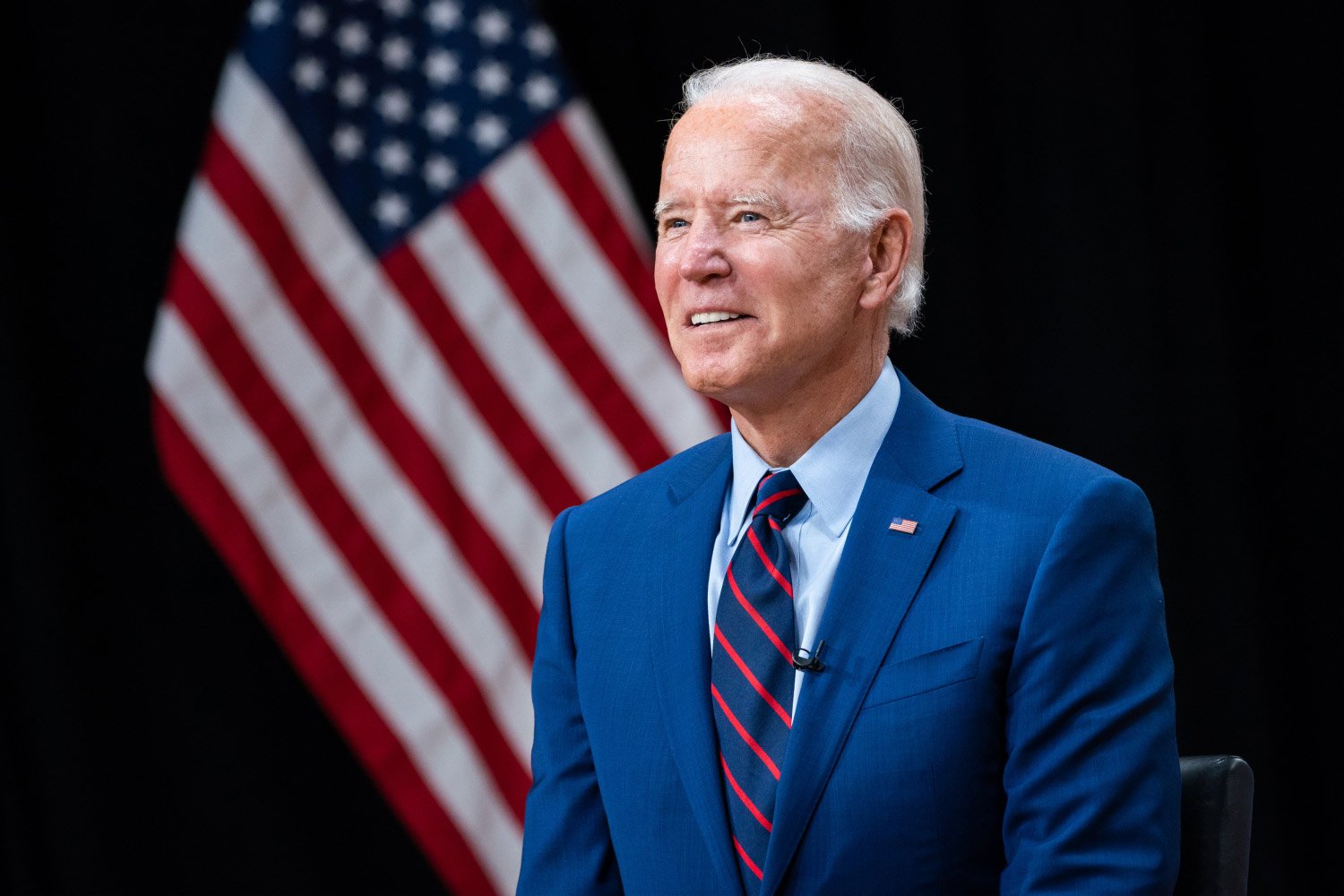A federal appeals court ruled on Tuesday that the top cybersecurity defense agency of the nation likely violated the First Amendment while urging Silicon Valley companies to remove or suppress the dissemination of online content related to elections.
The 5th Circuit Court of Appeals expanded an injunction issued in September to encompass the Cybersecurity and Infrastructure Security Agency (CISA). It determined that CISA had engaged in frequent interactions with social media platforms, effectively using these interactions “to push them to adopt more restrictive policies on election-related speech.”
In a prior ruling by a panel of three judges (nominated by Republican presidents), it was concluded that the actions of the Biden White House, FBI, and other government agencies likely infringed upon the First Amendment. However, CISA, responsible for safeguarding elections from online threats, was seen as attempting to persuade rather than coerce.
Republican attorneys general, the plaintiffs in the case, requested a rehearing. In the order issued on Tuesday, the judges of the 5th Circuit determined that CISA played a role in facilitating interactions between the FBI and social media companies.
The order explicitly prohibits CISA and high-ranking agency officials, including director Jen Easterly, from taking actions that would “coerce or significantly encourage” tech companies to remove or limit the dissemination of social media posts.
The Justice Department declined to provide a comment on the matter. CISA, a component of the Department of Homeland Security, stated that it refrains from commenting on ongoing legal matters. However, executive director Brandon Wales asserted in a statement that the agency neither engages in censorship nor facilitates censorship.
The lawsuit was initiated by Missouri and Louisiana attorney generals, along with individuals who claimed their speech had been suppressed.
“CISA is the ‘nerve center’ of the vast censorship enterprise, the very entity that worked with the FBI to silence the Hunter Biden laptop story,” Missouri Attorney General Andrew Bailey wrote on his X account.
This lawsuit, born out of conservative frustration with social media content moderation practices, is one of several that allege government officials collaborated with platforms to favor Democrats and the Biden administration.
The court’s decision now paves the way for the case to potentially reach the Supreme Court, further adding a high-profile and contentious social media dispute to the Court’s docket. The Biden administration had previously filed an emergency appeal in this case, but that effort was put on hold when the 5th Circuit agreed to rehear the matter.
Bailey tweeted, “We look forward to defending your First Amendment rights at the nation’s highest court.”
The appeals court has temporarily suspended the effects of its ruling for 10 days, granting the Biden administration an opportunity to update their request to the Supreme Court.
Later this month, the Supreme Court is scheduled to consider two legal challenges. These cases revolve around the question of whether public officials have the authority to block constituents on social media platforms.
Additionally, in the past week, the justices agreed to deliberate on two lawsuits contesting laws in Texas and Florida. These laws seek to impose restrictions on the capacity of platforms such as Facebook, YouTube, and X to moderate content. Federal courts have temporarily halted the implementation of these state laws, which greatly restrict the power of social media companies to expel users from their platforms or delete specific posts.


















